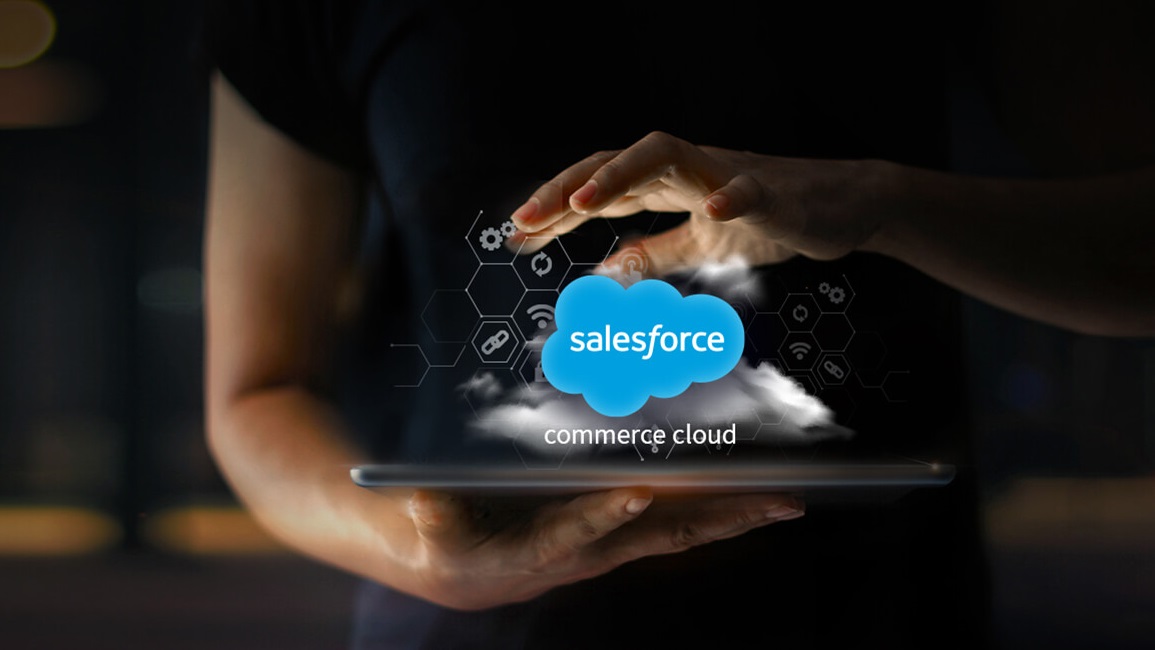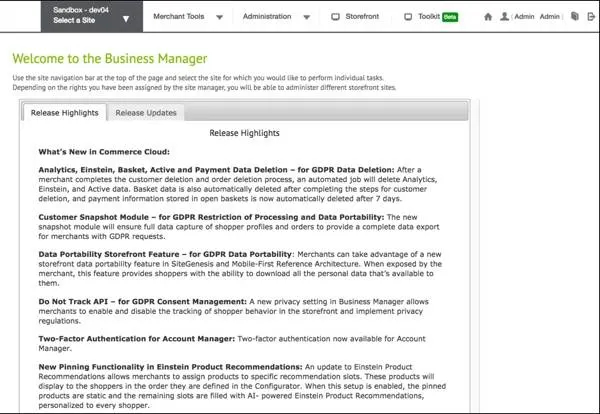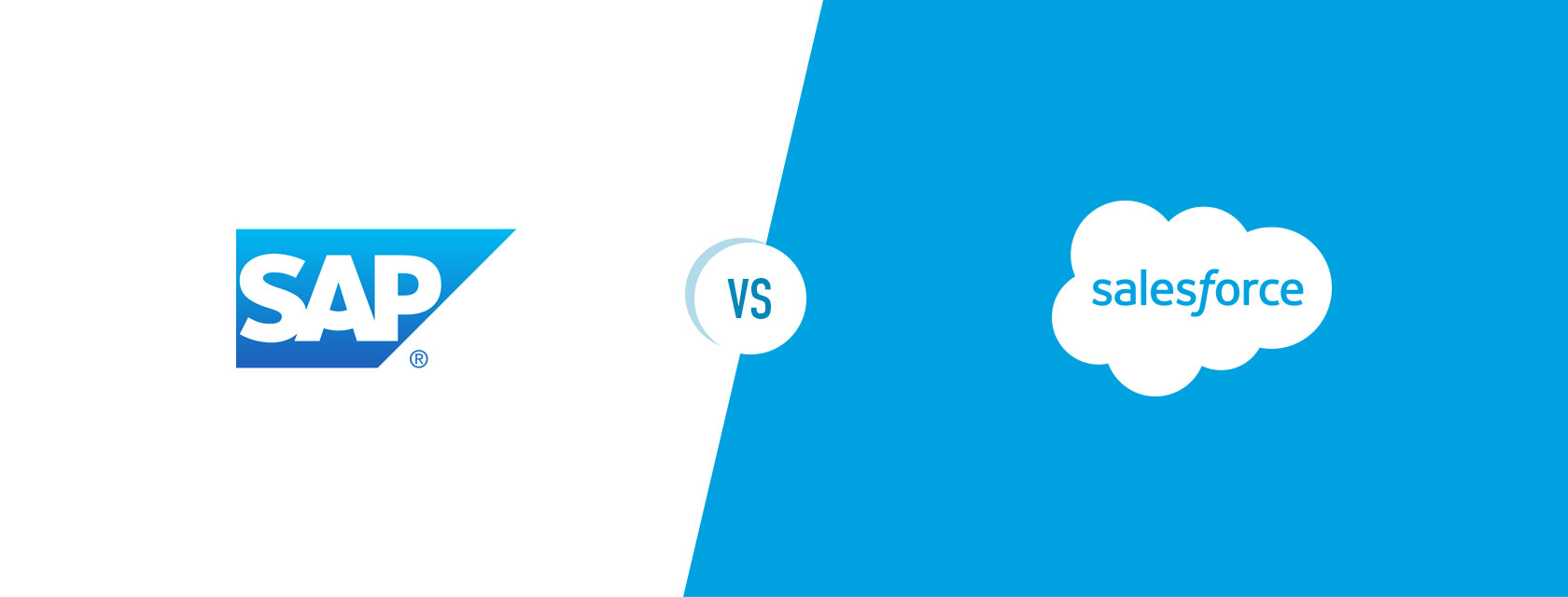Are you looking to learn about salesforce commerce cloud business manager? Well, you have come to the right platform. Below, we will be unfolding different modules and features of the salesforce commerce cloud business manager…
Get Started with Salesforce Commerce Cloud Business Manager
Business Center is simply your gateway to managing salesforce commerce cloud features and functionalities.
Here in this blog, we will be looking at the various functions, features, and capabilities of the salesforce commerce cloud business manager and how it helps merchants to streamline their site operations effectively.
So, without any ado, let’s get started…
Questions about scaling commerce? Read this article Salesforce eCommerce integration and What is Salesforce Commerce Cloud Pricing? The Ultimate guide to having a better understanding of the topic.
What Is a Business Manager in SFCC and How Does it Work?
To put it plainly, your salesforce commerce cloud business manager is the command center, from where you will be able to control the entire operations of your B2C store including administration, site development, and merchandizing.
However, to be able to access and operate salesforce commerce cloud business manager, you would need to have access to a B2C commerce instance.
Alternatively, if you don’t have one, you may want to request the manager to provide you with one.
Read about top Salesforce trends that will help businesses keep up with all the latest Salesforce future developments
While handling salesforce commerce cloud business manager is a pretty straightforward process, still, to be able to fully capitalize on the functionalities and features of the platform, you can hire a professional salesforce commerce cloud consultant or a Shopify consultant.
Questions? Ask about Salesforce Commerce Cloud implementation, or anything else. Also, Read this Guide What Is Salesforce Commerce Cloud
Types Of Interfaces in a Business Manager
When you access the salesforce commerce cloud business manager, you would need to select a store (website) from the list. If you don’t have one, you can hire a Folio3 salesforce B2C commerce developer to create a professional and highly functional website.
Nonetheless, once you have selected a website, you will have instant access to all the data, permissions, and code associated with the site (to be able to access this you must have the required access rights, which we will be discussing in the following sections).
When we are talking about B2C commerce, a storefront is created by combining the site and its associated code. Now, the storefront represents the online user experience, and you may have multiple storefronts for your site.
Now, you can click the “Storefront” table to access the site which you have selected previously.
Compare the similarities and differences between Salesforce Commerce Cloud vs Demandware
Here, you will also find various icons that represent the storefront “Toolkit” and can be used by developers to troubleshoot. The storefront toolkit is by default linked to your salesforce commerce cloud business manager site for your convenience.
You might also want to read: Benefits of using eCommerce Site Migration
Access Levels of Roles
When we talk about access levels of salesforce commerce cloud, there are three distinct roles that managers can set for different job roles, including;
– Merchandizers
People with merchandizer access levels are able to configure the site’s data, including product management, promotional offers, search settings, images, and campaigns.
– Administrators
People with administrator access levels for salesforce commerce cloud business manager are able to configure B2C commerce site settings, perform data chances, access and manage site data and roll out codes.
– Developers
People with a “developer” access level have access to the storefront application. Most of the time, this access level is offered to professional salesforce commerce cloud development agencies who are responsible to configure, debug and troubleshoot problems.
Read this article to know which one is superior: Salesforce Commerce Cloud Vs Salesforce Marketing Cloud
Now, when we are talking about large merchants, each of these roles can be held by multiple people, each having their individual responsibilities and functions.
Also, to ensure smooth store operations, large merchants prefer to work with reliable salesforce commerce cloud partners with the right team and experts to handle different aspects of their site.
Contrarily, small merchants may delegate multiple access levels to a single person to handle multiple responsibilities.
You might also want to read: Salesforce Merchandising
Access Level Details in Salesforce Commerce Cloud Business Manager
When you access the business manager, you will see two distinctive tabs, including “Merchant Tools” and “Administration”. Let’s look into greater details about each of these tabs;
– Merchant Tab
Under the merchant tab, you will find the toolkit which can be used to manage configuration settings and data, including promotional campaigns, marketing campaigns, products, site content, and more.
The toolkit also gives access to utility tools that would be used by merchants to drive traffic to the site, like SEO marketing tools and others. Here, merchants will also find tools to find insights into customers’ data from the external database. Also, merchants will be able to perform order management, and other add-on systems to better manage store operations.
– Administration Tab
The other tab which you will find in the salesforce commerce cloud business manager is the “Administrator” tab, which can enable merchants to:
- Manage (import/export) site data
- Move data and code
- Manage content libraries
- Manage customer lists
The person with the Administrator access level will also be able to configure global settings (these settings will be applicable to all sites associated with the salesforce commerce cloud system). Global settings are also often referred to as “Preferences” and include:
- Locales
- Regional Settings
- Support for multiple languages
- Password restrictions
- Lockout policies for users
- Time zones
- Orders manager
- Customer sequence numbers; and
- More
– Developer Access
Well, now that we are done with the “Merchandizer” and “Administrator” personas, let’s move on to the last access level which is “Developer Access”.
As can be taken by name, the people with “Developer Access” have the access to develop storefront applications. To complete their responsibilities, developers use a variety of development tools (“Business Manager” in this specific case).
People with Developer Access will typically use three windows, including;
- Integrated Development Environment (IDE) – In this window, they will create and test applications
- Business Manager – In this window, the developer will be able to open the storefront site
- Storefront Application – In this window, the developer will be able to view real-time results of their codes and any other changes made to the storefront
Now, if we are to talk specifically about the Business Manager Window, the Developer can perform the following tasks;
- Develop new sites
- Configure codes
- Troubleshoot and debug problems
- Make the site live
- Register cartridges with the server
- Manage taxation for sites
- Manage cache settings for sites
Developers are also responsible to perform Business Manager operational tasks, which include security, tracking quota (to ensure the smooth running of systems), and setting credentials.
Read about top Salesforce trends that will help businesses keep up with all the latest Salesforce future developments
Manage Network Access and Restrict Permissions
As mentioned above, the access to different areas or modules of salesforce commerce cloud business manager is restricted by “Roles” or “Access levels”. Out of the lot, the “Administrator” access level is the most crucial role that is able to manage users and permissions.
Explore the complete Salesforce 360
An “Administrator” Business Manager will define the organization, and set storefronts and default languages, before moving on to create more “roles” or “Access Levels”.
Besides setting the “Access Levels” or “Roles”, the administrator is able to grant or restrict access or permissions against each role.
You might also want to read: Salesforce Commerce Cloud Benefits
Configure Organization Locales
Salesforce commerce cloud business manager supports multiple languages for its storefront. It also enables merchants to configure locales individually for data management and application viewing. For instance, a user shopper using a Chinese-Language Business Manager can view products and content in English.
The “Administrator” is able to choose the preferred “Locale” as the display language for the Business Manager while creating and setting user profiles. Subsequently, the user of Business Manager can choose their preferred language in their user profile.
Customization
Salesforce commerce cloud business manager allows customization of the following user interface items to help users personalize them:
- Menu items
- Forms
- Menu actions
- Dialog actions
You Might Want To Read These Articles:
1) Salesforce Commerce Cloud B2B Vs B2C
2) Salesforce Commerce Cloud integration
3) Salesforce Commerce Cloud for online business
4) Salesforce B2B Commerce Cloud
5) Salesforce Commerce Cloud Implementation Guide
Final Thoughts
That’s all folks! By now you must have had a good idea about the significance and use-cases of salesforce commerce cloud business manager in setting up a storefront.
As the command-and-control area of your salesforce commerce cloud, it enables merchants to control all operations and functions of sites smoothly.
Some of the key functions of a business manager include; customer management, SEO, promotions, order management, taxation, data replications, campaigns, site creation/deletion, and others.
Feel free to contact Folio3 Salesforce B2B Commerce Integration experts today to capitalize on this powerful feature and dominate the market.
FAQs
What is a business manager in Salesforce commerce cloud?
The business Manager is the command center of the salesforce commerce cloud that enables merchants to control customer management, SEO, promotions, order management, taxation, data replications, campaigns, site creation/deletion, and functions of the store.
What is the difference between Salesforce and Salesforce commerce cloud?
Salesforce commerce cloud is the B2C ecommerce platform of Salesforce (which is essentially a powerful CRM system). The SFCC brings in various ecommerce functionalities like shopping carts, checkouts, product display, product search, and others to ensure smooth operations of the store.
Where is the business manager on Salesforce?
You can access the business manager Inside the admin panel of Salesforce Commerce Cloud.
What is the difference between Salesforce and Demandware?
Demandware is the old name for the salesforce commerce cloud. Salesforce acquired Demandware back in 2016 and renamed it SFCC.








